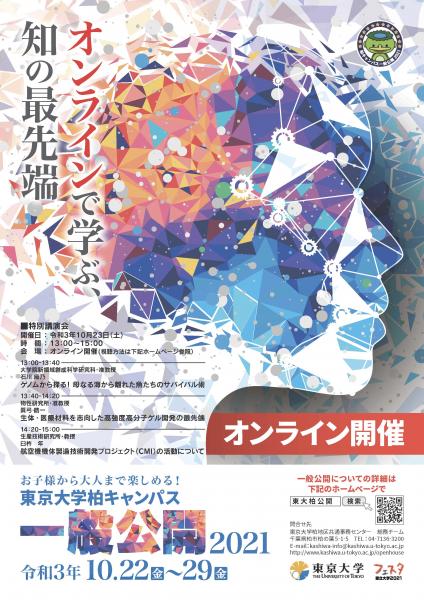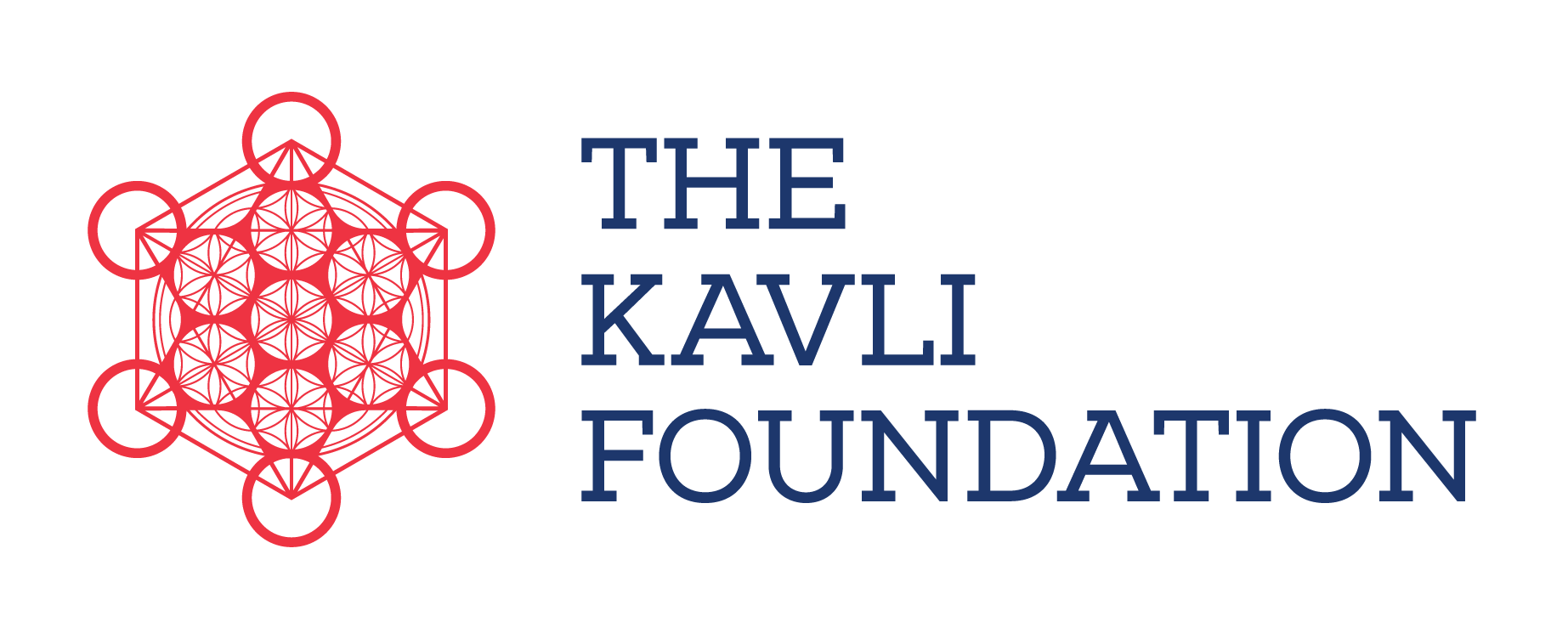October 7, 2021
Kavli Institute for the Physics and Mathematics of the Universe (Kavli IPMU)
Overview
The University of Tokyo's Kashiwa campus will open to the public for one week starting October 22 (Fri) - 29 (Fri). The online event will give everyone access to the 13 departments, graduate schools, and research institutes on campus. Dates and times of activities will vary depending on the department or institute.
- Date: October 22 (Fri) - 29 (Fri), 2021
- How to take part: All activities will be online (livestream, recorded video, Q&A via Zoom and online bulletin boards, online exhibitions and more)
- For more details, visit the University of Tokyo Open Campus 2021 website
OCT 23, 24: Kavli IPMU Main Events
(note: all events do not require registration, and will be available to watch online on the day and afterwards until October 29)
OCTOBER 23 (SAT)
10:30-12:00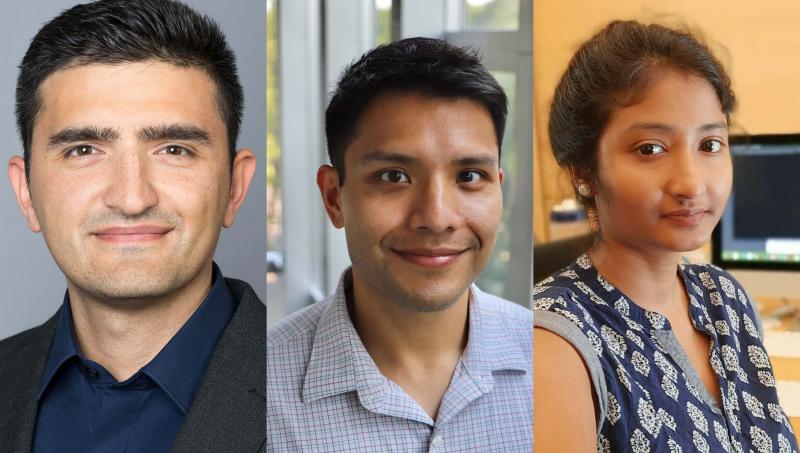
SPARK! Ask an Overseas Scientist
(Difficult: Junior high school level and above)
Early career researchers from overseas will talk about their work, their countries, and how they find living in Japan. This event will be in English.
Speakers: Metin Ata (Kavli IPMU Project Researcher, Cosmology), Anton De la Fuente (Kavli IPMU Project Researcher, Artificial intelligence), Ipsita Saha (Kavli IPMU Project Researcher, Particle theory)
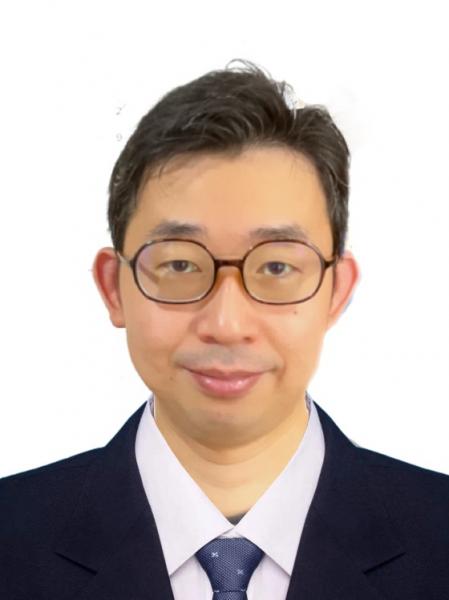
15:00-16:30
Using a Virtual Universe to Investigate Cosmology - How Supercomputer AI is Painting a Picture of the Universe -
(Difficulty: Junior high school level and above)
Takahiro Nishimichi, Kavli IPMU Visiting Scientist and Yukawa Institute for Theoretical Physics, Kyoto University, Project Associate Professor, will speak about the latest research developments.
//Lecture details
Overnight, AI technology has developed and become a part of our daily lives in a matter of ways. Research about the universe is no exception. We are trying to understand how the universe was created, how it has become what we see today, and what its fundamental laws are. Right now, researchers have been busy bringing AI tools into their research. In my talk, I will explain how AI technology has been aiding the latest research in astronomy to resolve some of the biggest mysteries.
* Support: This talk will introduce and latest work from Transformative Research Areas Project 20H05850: "What is dark matter? - Comprehensive study of the huge discovery space in dark matter"
OCTOBER 24 (SUN)
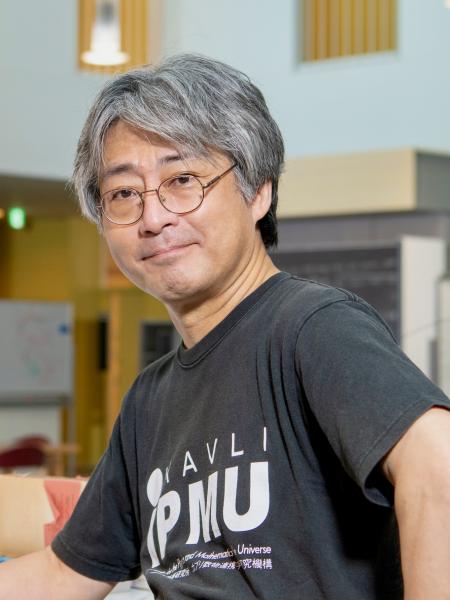
10:30-12:00
The Origin of Humans and Periodic Elements - Using Supersymmetry to Explore the Symmetry of the Strong Force and Nambu Theory -
(Difficult: Junior High School level and above)
Hitoshi Murayama, Kavli IPMU Principal Investigator and University of California, Berekeley, Professor, will give a talk about the latest in research development.
//Lecture details
We humans exist thanks to existence of atoms like oxygen, sodium, calcium, and iron. What makes atoms possible is the process of protons and neutrons joining together to create an atomic nucleus. Physicist Hideki Yukawa was the first to predict the existence of mesons, which act as the glue that binds protons and neutrons together. The eventual real world discovery of mesons lead to the Nobel Prize being awarded to a Japanese scientist for the first time. However, for mesons to be able to be larger than protons and still be able to fulfill their duty, they need to be much lighter than protons and neutrons. Physicist Yoichiro Nambu was awarded the Nobel Prize for being able to find a theoretical explanation to why mesons could be so light. This year, I was able to prove this claim for the first time, using the fundamental laws of physics. In my talk, I will explain more about this latest research.
* Support: This talk will introduce and latest work from Transformative Research Areas Project 20H05850: "What is dark matter? - Comprehensive study of the huge discovery space in dark matter"
14:00-15:00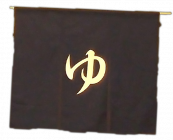
Science Onsen
(Difficulty: High school level and above)
Speakers: Toshiya Namikawa (Kavli IPMU Project Assistant Professor), Mayumi Fukunaga (University of Tokyo Graduate School of Frontier Sciences Associate Professor)
While "science cafes" began in England, we have adapted the concept and present a Japanese-style "science onsen" or "sciecne hot spring". Experts from different fields of expertise hold discussions in a relaxed environment. We invite you to sit down and relax in the conversation with us.
* Support: This talk will introduce and latest work from Transformative Research Areas Project 20H05850: "What is dark matter? - Comprehensive study of the huge discovery space in dark matter"
15:30-16:00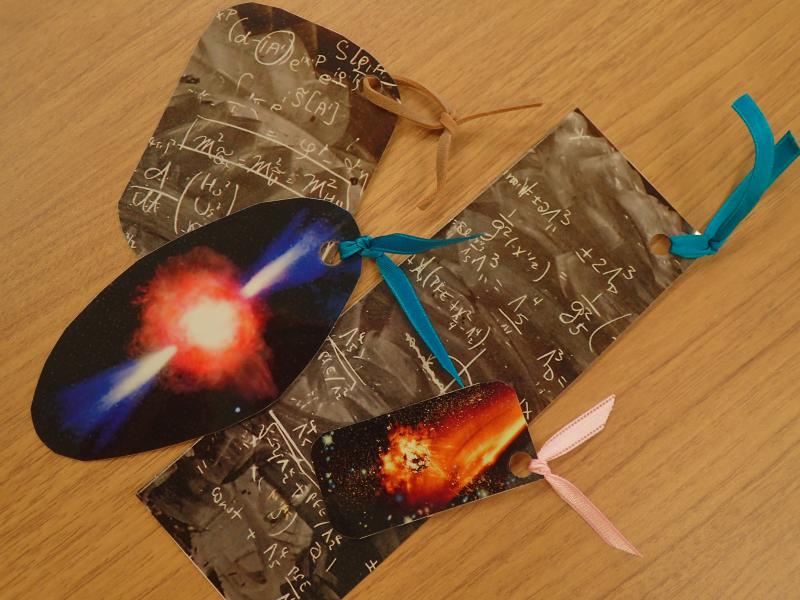
Bookmark Making! (Japanese & English)
(Difficulty: Elementary school and above)
Create your own bookmark using images of space and the Kavli IPMU.
OCTOBER 23 to 29
Kavli IPMU 360° Building Tour
(Difficulty: Junior high school level and above)
The Kavli IPMU building has received numerous architectual prizes, including the 2011 Architechtural Soeity Aware, and the 2012 BCS Prize. The building is structured so researchers can interact with eath other regardless of their area of expertise or nationality. Have a peek inside using our virtual tour.
* Note: A link will become available on October 23.
Elementary Particles/Universe Quiz from Home!
(Difficulty: Junior high school level and above)
Test your knowledge of elementary particles and the Universe. Collect points to win a prize!

